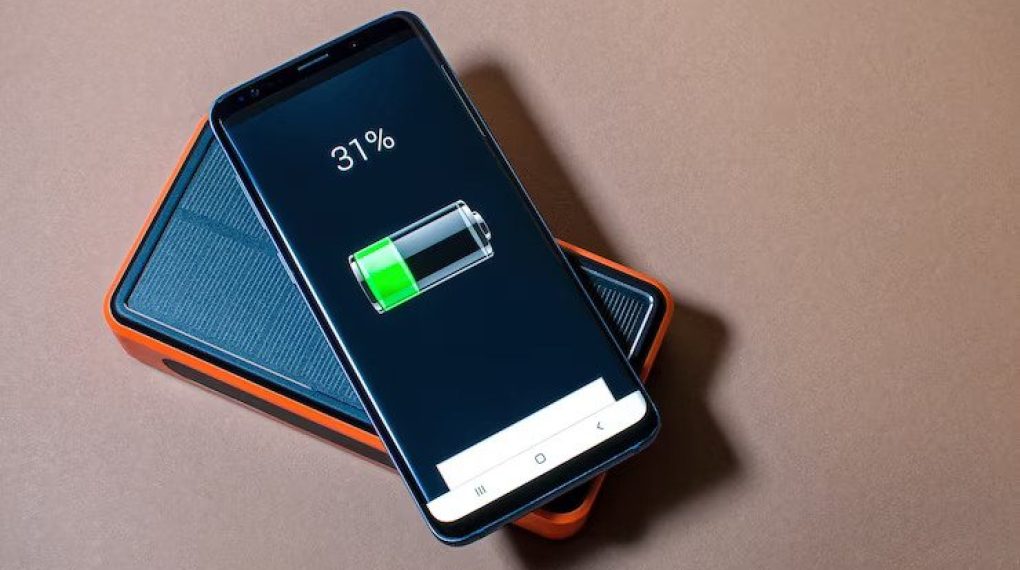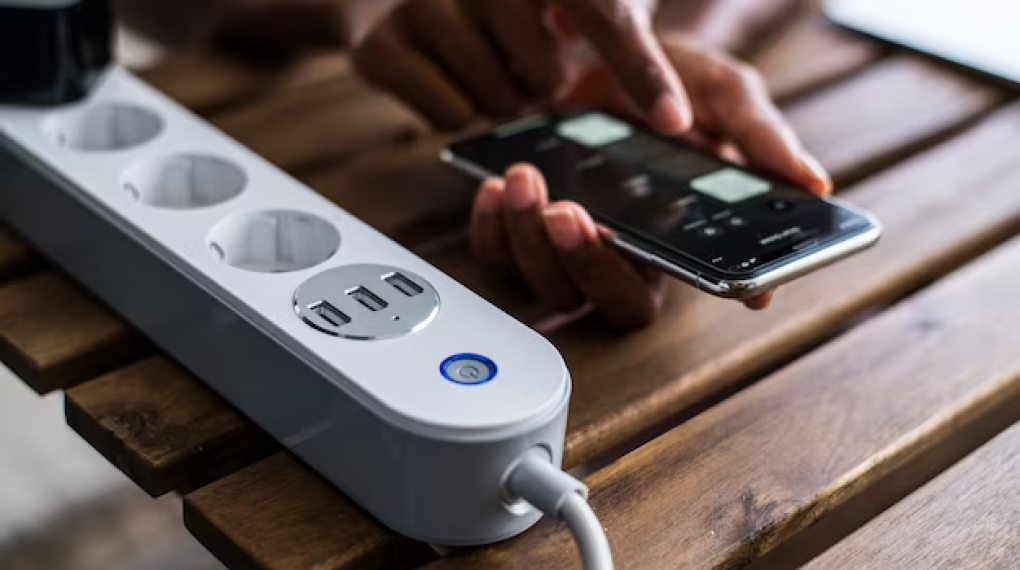
Exploding phones are an increasingly common problem in the technology world, with an ever-growing number of reports of mobile devices catching fire or exploding.
There are many potential causes for this phenomenon, ranging from overheating batteries to problems with the phone’s hardware components.
In some cases, even seemingly minor issues such as damaged wiring or faulty software can cause a phone to become dangerously hot and potentially lead to explosions. Understanding why phones explode is essential to identify potential risks and protecting ourselves from harm.
Here Are 15 Prime Reasons Why Certain Phones Explode
1. Batteries:

Many phones contain lithium-ion batteries, which can be unstable and prone to overheating if they’re not properly cared for or the phone is overloaded with excessive usage or features.
If the battery becomes overcharged or charged more quickly than it should, it can create a significant heat buildup that may cause an explosion in some cases.
2. Charging Cables and Adapters:
Faulty charging cables and adapters can cause short-circuiting of the device, leading to overheating and potential explosions. Low-quality or counterfeit components are usually responsible for this issue and using the wrong type of charger for your phone model.
3. Damage to the Physical Phone Body:
Physical damage to the phone’s body can compromise its ability to dissipate heat and cause it to overheat. This is most likely to occur when phones are dropped or exposed to excessive force, such as being stepped on or crushed by heavy objects.
4. Software Issues:
Software glitches or viruses can also lead to overheating, especially if the device’s processor runs at full capacity for an extended period to run a certain application that has become corrupted or affected by malicious software.
5. Poor Quality Components and Materials:
Low-quality components and materials used in manufacturing may be more prone to overheating than higher-grade parts, leading to potential explosions if the phone is put under too much strain or used in a way that it was not designed for.
6. Overheating due to Extended Usage:
Excessive and prolonged phone usage can increase temperatures as the device works harder than normal, potentially causing an explosion if overheating is not managed properly. This can be especially true when playing graphics-intensive games or running applications with high memory requirements.
7. Wireless Signals and 5G Networks:

In some cases, the signals from nearby wireless networks or 5G devices may interfere with phones’ internal circuitry, leading to increased heat and potential explosions if these issues are not addressed promptly.
8. Unsuitable Charging Conditions or Practices:
Charging phones in unsuitable conditions or using inappropriate practices can strain the phone’s internal components excessively, which may lead to overheating and potential explosions. This includes charging in high-temperature environments or leaving the device plugged in for an extended period without use.
9. Unsafe Accessories:
The use of unsafe accessories such as counterfeit chargers, battery cases, external batteries, and other similar items can cause additional heat buildup that may be enough to ignite a fire or create an explosion if not addressed promptly.
10. Excessive Voltage Levels:
In some cases, power surges caused by electrical issues such as lightning strikes may lead to increased voltage levels that overload the phone’s circuitry, causing it to overheat and potentially explode if the surge is significant enough.
11. Internal Manufacturing Defects:
In rare cases, phones may have internal manufacturing defects that are not identified during the quality control process and go undetected until the device is used. These defects can lead to overheating and potential explosions if they are not addressed promptly by the manufacturer.
12. Design Flaws or Shortcomings:
Phones may also be subject to design flaws or shortcomings not identified during testing, leading to increased heat buildup and potential explosions when used regularly and put under strain.
13. Overclocking Processors or Components:

Attempting to overclock a processor or other components may cause increased heat levels, as more power is being used than originally intended. This can cause an explosion if the overclocking process is not monitored properly.
14. Unsafe Batteries:
Low-quality or counterfeit batteries can also be a source of overheating and potential explosions if they cannot properly dissipate heat and manage their power efficiently. It is important to use only original, high-quality batteries that meet the manufacturer’s specifications to avoid such risks.
15. Aging Batteries:
Batteries may also age over time, causing them to become less efficient and increasing their risk of overheating or exploding if they are not replaced when necessary. It is important to keep track of the battery’s usage and condition to ensure safety and avoid such risks.
Exploding phones can be a serious problem that should not be ignored, as it can pose a significant danger to property and personal safety. Understanding the reasons behind phone explosions and taking proactive steps to minimize the risk can help ensure your device remains safe.
Always purchase original parts from reputable sources, monitor your phone’s usage patterns, take precautions against wireless interference, pay attention to heat warnings on your device, and replace the battery when necessary to ensure that your phone remains safe and reliable.
Read Also:






